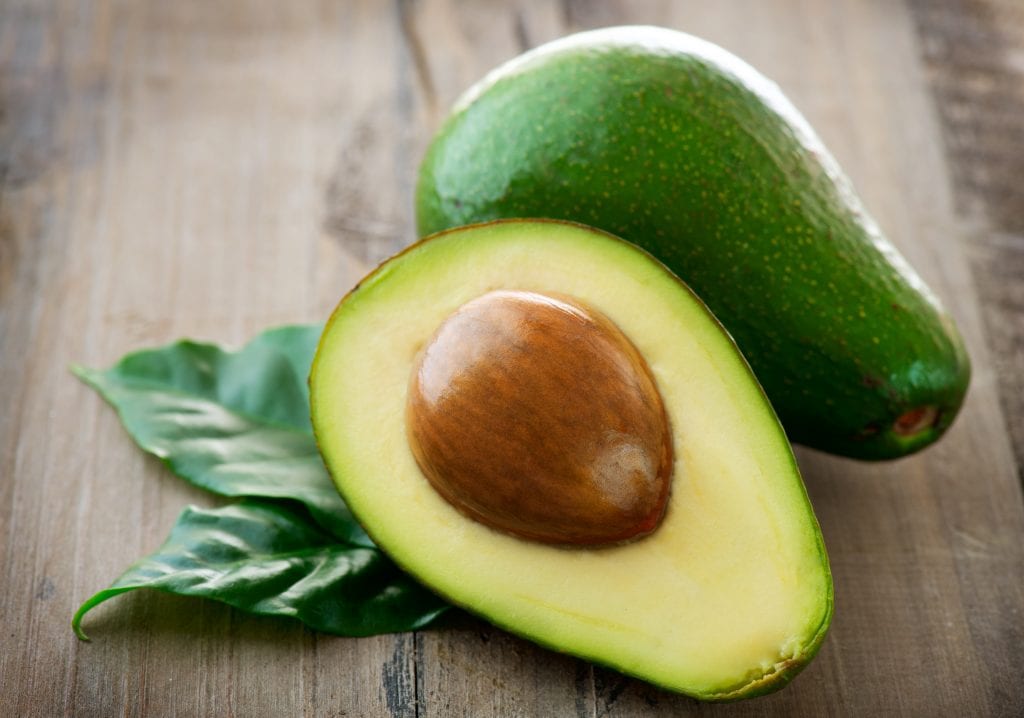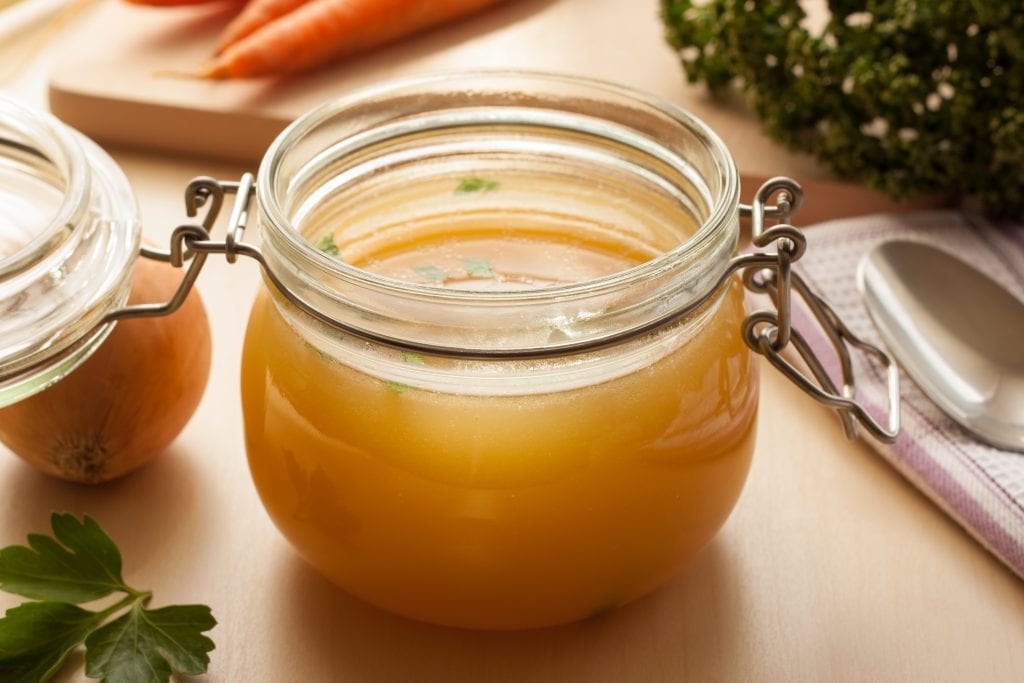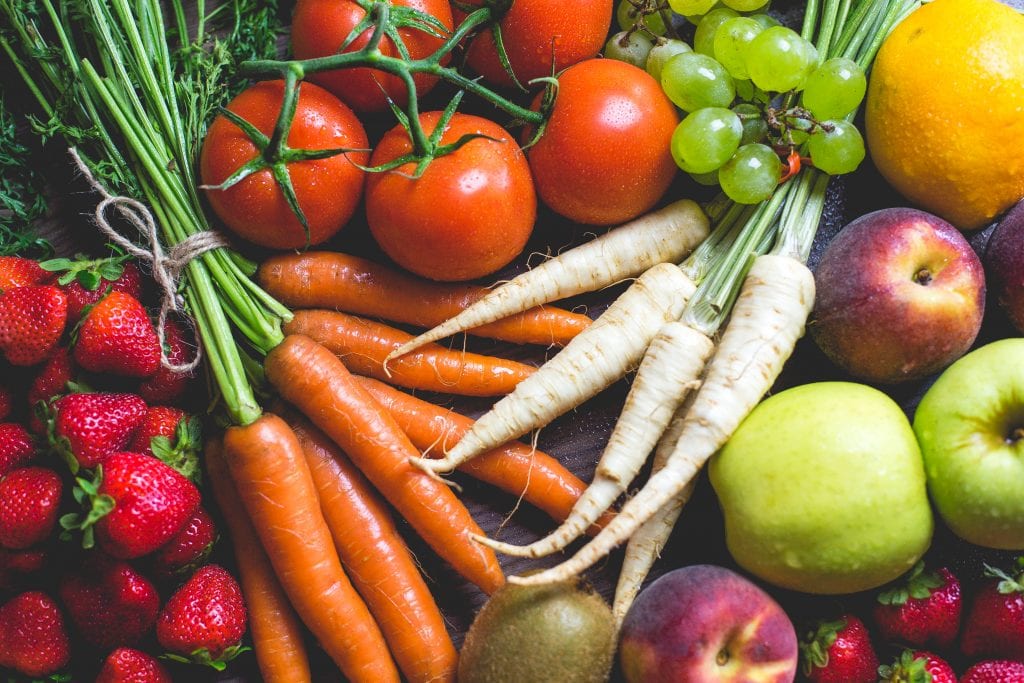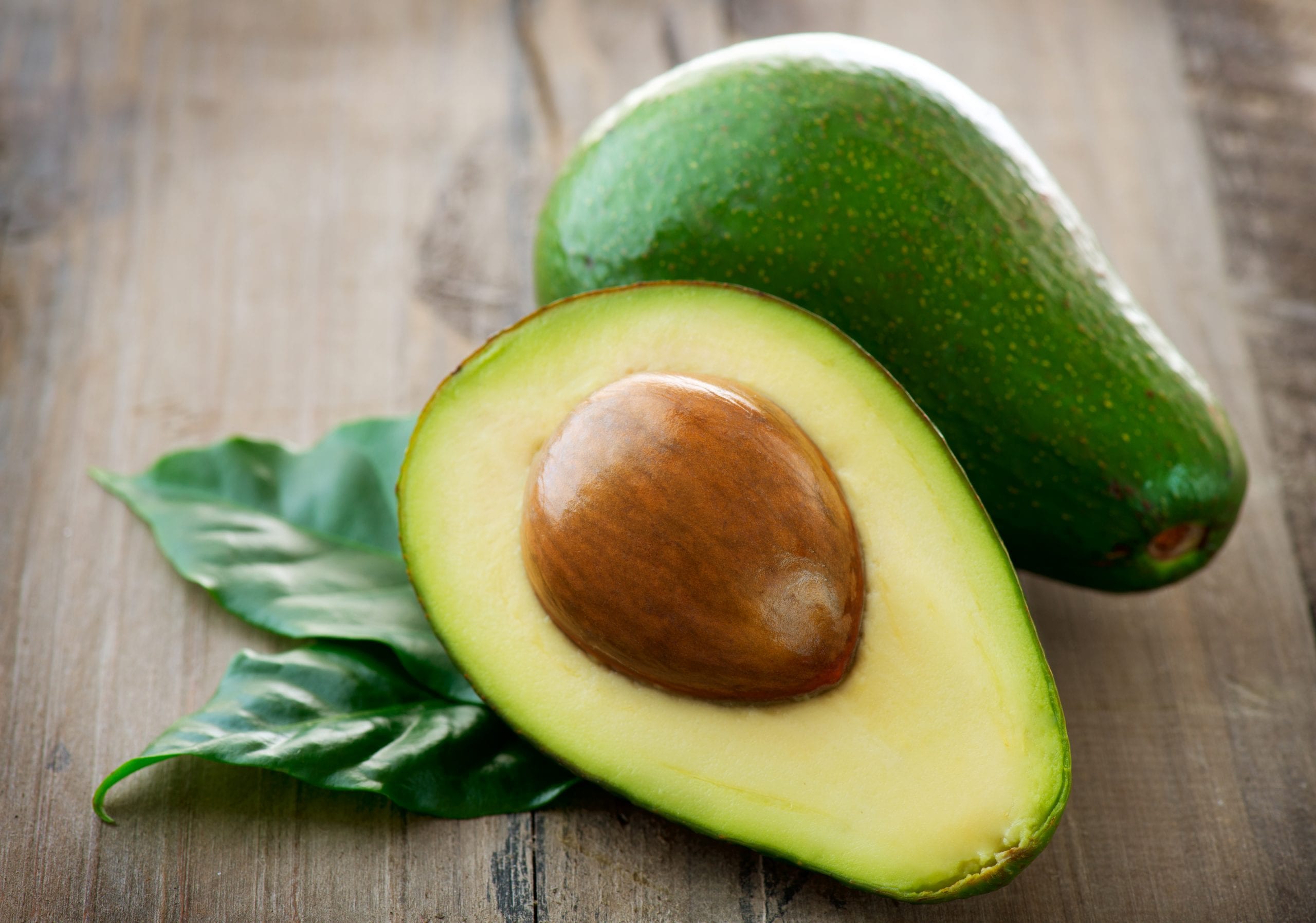It might surprise you, but I love winter. After spending the first 40 years of my life in mostly hot and humid weather, I finally moved to a place where I could actually wear all the cute coats I have accumulated over the years. No seriously, I have an absurd amount of coats … I’m obsessed. But four years in Alaska has given me ample opportunity to wear all of them multiple times. However, even though I love wearing my cute coats and scarves and winter beanies, the cold and dry weather wreaks havoc on my already dry skin.

When it comes to skin health, whether it be battling dryness, improving acne, or fighting the signs of aging, it really comes down to working from the inside out. Even though most people know your skin is your largest organ, it’s also the last place to receive nutrients. So we really need to make a conscious and consistent effort to give it what it needs: water, fats, antioxidants, vitamins and minerals to look its best.
As we trudge through winter, many people suffer from dry skin. Though many resort to heavy creams and moisturizers, the best bet is to nourish the skin with healthy fats and adequate amounts of water. Our skin has a lipid layer which is what helps us hold on to moisture, and it is nourished with lipids! Lipids is just a fancy word for fats, so think healthy fats such as avocado, coconut oil, salmon, and nuts, all of which also work as anti-inflammatories. (Add in essential fatty acids, too!) When our lipid layer is nourished properly, the skin is able to hold on to the moisture we get from water and water-rich foods, and it also allows it to utilize the active ingredients found in many skincare products.

When it comes to acne, the best thing to address is gut health. A healthy gut is imperative to skin health, and when it is functioning less than optimally it often shows up on the skin in the forms of inflammation and acne. This is because when we do not eat a diet full of high quality, nutrient dense foods, our bodies begin to prioritize which organs will get the limited amounts of nutrients available. Unfortunately, the skin is one of the last things on the list. Things you can do to improve gut health are eat a whole foods diet for proper nutrients and enzymes, fiber rich foods to help flush excess toxins and hormones from the body, and fermented foods to populate the gut with healthy bacteria. And as a side note, make sure to chew your food slowly in order to stimulate good stomach acid and digestive juices for proper digestion. If you need a little help to increase stomach acid, drink a tablespoon of apple cider vinegar in a glass of water about 30 minutes before meals or first thing when you wake up. We can also limit inflammation by limiting sugar and caffeine as well as use natural anti-inflammatories in the form of EFAs. Collagen peptides and bone broth can also be incredibly healing to the lining of the gut.

Okay, let’s be real. Anti-aging isn’t really a thing. We really just want to slow down the aging process as much as possible! And in regards to our skin, that means doing all the things we can to make it as hydrated and supple as possible. As mentioned before, we need to provide our bodies with healthy fats and ample amounts of water for a healthy lipid barrier to retain moisture. In addition, we need to consume antioxidant-rich foods which help protect our bodies from free radical damage and premature aging, foods which contain lutein (eggs and dark leafy greens) in order to decrease the risk of wrinkles and promote skin elasticity, and fruits and veggies which promote collagen production which is necessary for skin to remain supple. I am also a big fan of adding collagen peptides to your daily diet.
There are definitely specific vitamins, minerals, and antioxidants that are little powerhouses for skin health. Vitamins A and C are extremely beneficial to the skin. Vitamin A is known to thicken and stimulate the dermis, therefore increasing blood flow and reducing wrinkles. It also slows the breakdown of collagen and elastin in the skin. Foods that contain Vitamin A include liver, carrots, sweet potatoes, and kale. Vitamin C is a powerful antioxidant which fights the free radical damage that causes premature aging, helps the body produce collagen, and acts as a natural sunscreen to prevent UV damage. Foods rich in Vitamin C include broccoli, citrus fruits, berries, and dark leafy greens. Important minerals for skin health include zinc, selenium, and silica. Zinc and selenium can also be identified as antioxidants, so they play dual roles in keeping skin at its best. Zinc works to heal and repair damaged skin, protect again UV radiation, acts as an anti-inflammatory agent, and can reduce the amount of natural oil your skin produces. Foods that are high in zinc are oysters, roast beef, and pumpkin seeds. Selenium is a wonderful antioxidant and trace mineral which helps to eliminate toxins, protects cells from damage, and strengthens the immune system to fight skin infection. The easiest way to get your recommended daily amount of selenium is to eat 2-3 brazil nuts per day. And lastly, silica is a mineral that is found in collagen which is necessary for skin to remain youthful and healthy. It helps to improve elasticity of the skin and increases collagen formation, and good sources of silica include cucumbers and celery.

When it comes to winter foods that contribute to healthy skin, I always recommend heading straight to the produce section. Pick out all the root vegetables that are common in soups, stews, and roasted dishes — such as sweet potatoes, carrots, butternut squash, parsnips, brussel sprouts, and beets. These veggies tend to be chock full of nutrients, vitamins, antioxidants, and minerals integral to skin health and an overall healthy body. Not to mention they contain fiber to get rid of any excess waste and toxins in the body that can be contributing to skin issues. Add in some healthy fats, protein and bone broth for added amino acids, lipids, minerals, and hydration. Maybe throw in a side salad of leafy greens topped with avocado and seasonal fruits to get an extra boost of enzymes and nutrients. It’s a winter recipe for healthy skin to stay moisturized, balanced, and healthy.
Trust me, your skin will thank you.









